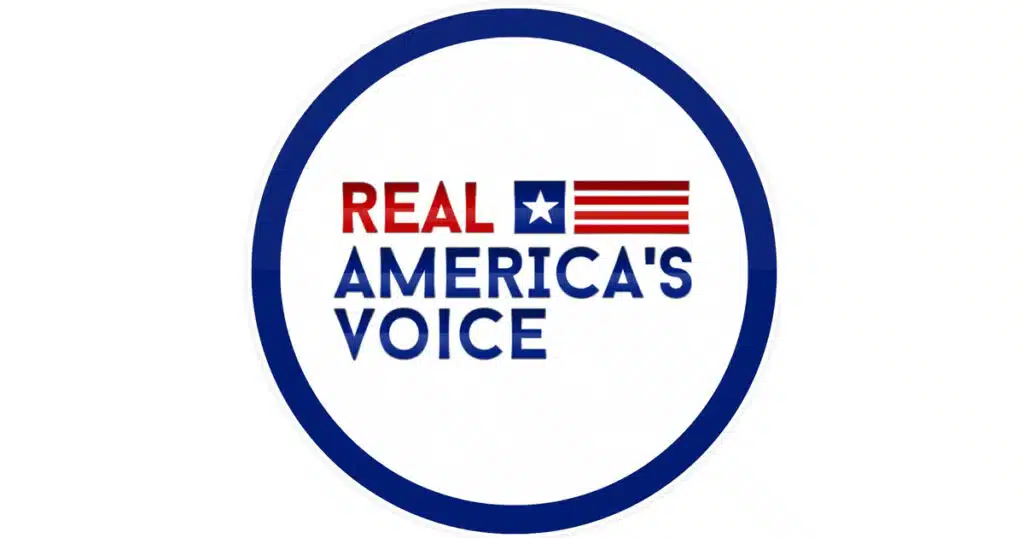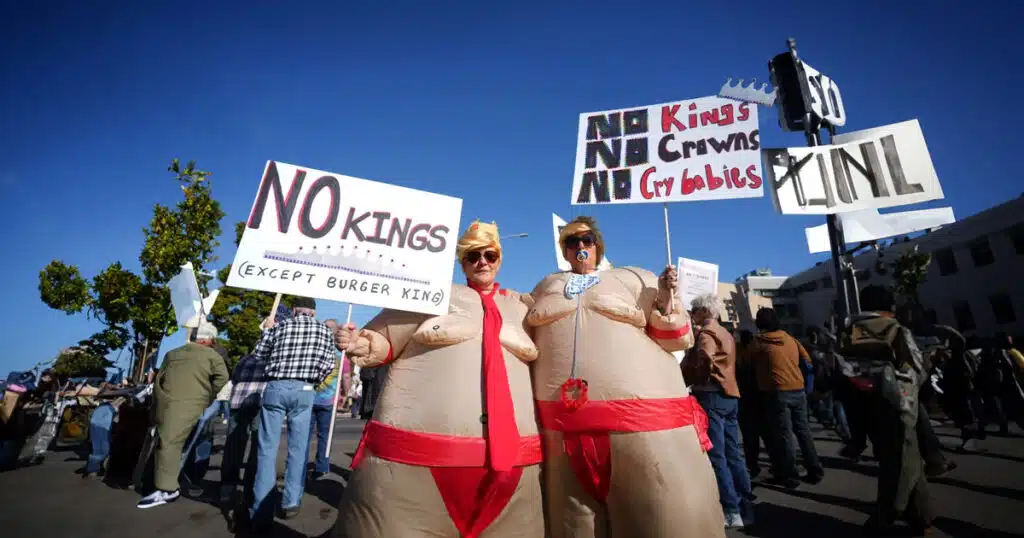
White Officers Win “Didn’t Earn It” Lawsuit
Radical left sociopaths love to use words to disguise what they mean, and unfortunately, far too many fall for it. According to the left, DEI stands for Diversity, Equity, and Inclusion. In reality, DEI is a different way to say “quotas.” Nothing about DEI is based on merit; it is entirely based on race, and the race that suffers the most under the DEI format are whites. My two favorite translations for the acronym are “Didn’t Earn It” and “Divisive Erratic Insanity.” Either of those is a much more accurate description of what DEI entails.
The United Kingdom’s Thames Valley Police Department learned the hard way when they excluded three white officers from the ability to advance simply because they were white.
The position of Inspector General opened up in the department in August 2022. At that time, three officers, Det. Insp. Phillip Turner-Robinson, Insp. Graham Horton and custody Inspector Kirsteen Bishop applied for the position. All three are veterans who have been on the force for between 19 and 26 years. All three are classified as “White British,” and because of that, they were blocked from consideration.
According to The Telegraph, the police force allegedly bypassed more senior and experienced white officers and promoted a lower-ranking “Asian” officer named Sidhu to the position of detective inspector. This led to a legal case where the white officers claimed they were overlooked due to their race, highlighting the extent to which diversity was prioritized within the police force.
Superintendent Emma Baillie was instructed to place Sidhu in the senior-level position and was told by Department Chief Constable Jason Hogg to simply “make it happen.”
Baillie attempted to justify the promotion by claiming it was made under a “BAME” (black, Asian, Middle Eastern) program. However, this was nothing more than an attempt to cover herself since the program didn’t even exist at that time.
Bottom of Form
The tribunal decided that it was likely Baillie and Hogg were well aware of the risk of their actions.
Judge Robin Postle stated:
“The superintendent made a decision to move police sergeant Sidhu into the detective inspector role without any competitive assessment process taking place.
It went beyond mere encouragement, disadvantaging those officers who did not share Sergeant Sidhu’s protected characteristic of race and who were denied the opportunity to apply for the role.”
Postle went on to say that Baillie was “only focused on ‘making it work’” and her actions “clearly” constituted discrimination.
The decision immediately brought more scrutiny to the department. Thames Valley Police and Crime Commissioner Matthew Barber ordered a full review of the force’s policies and processes to be undertaken, the BBC reported.
“I recognize Thames Valley Police’s commitment to building a workforce that represents the whole community, but it is apparent from the judgment that the force was wrong on this occasion in that the processes it followed were not fair, transparent, or competitive. I am clear that Thames Valley Police must treat everyone equally when making appointments, determined solely on merit.”
It really doesn’t have to be this hard. The people hired or promoted should be the most qualified or have earned it. That decision should be made regardless of race; otherwise, people who are not qualified end up in positions that they have not earned.
That is the genuinely equitable way to handle all situations. Diversity is more than skin deep. People of the same skin color can be wildly diverse in many ways. Hopefully, those who are pushing DEI from a radical perspective will understand those truths and will also grasp that excluding qualified people is not inclusive.



